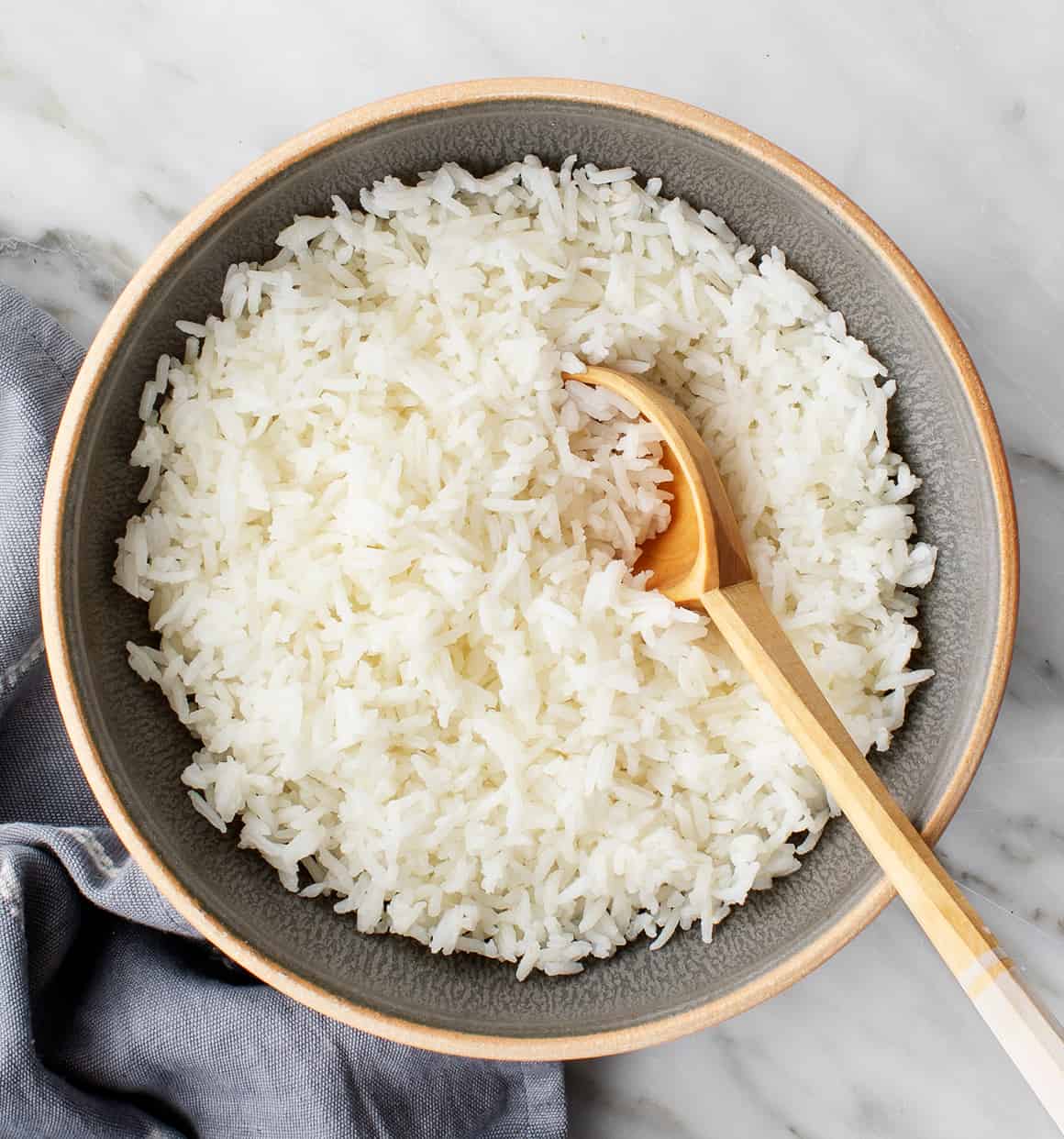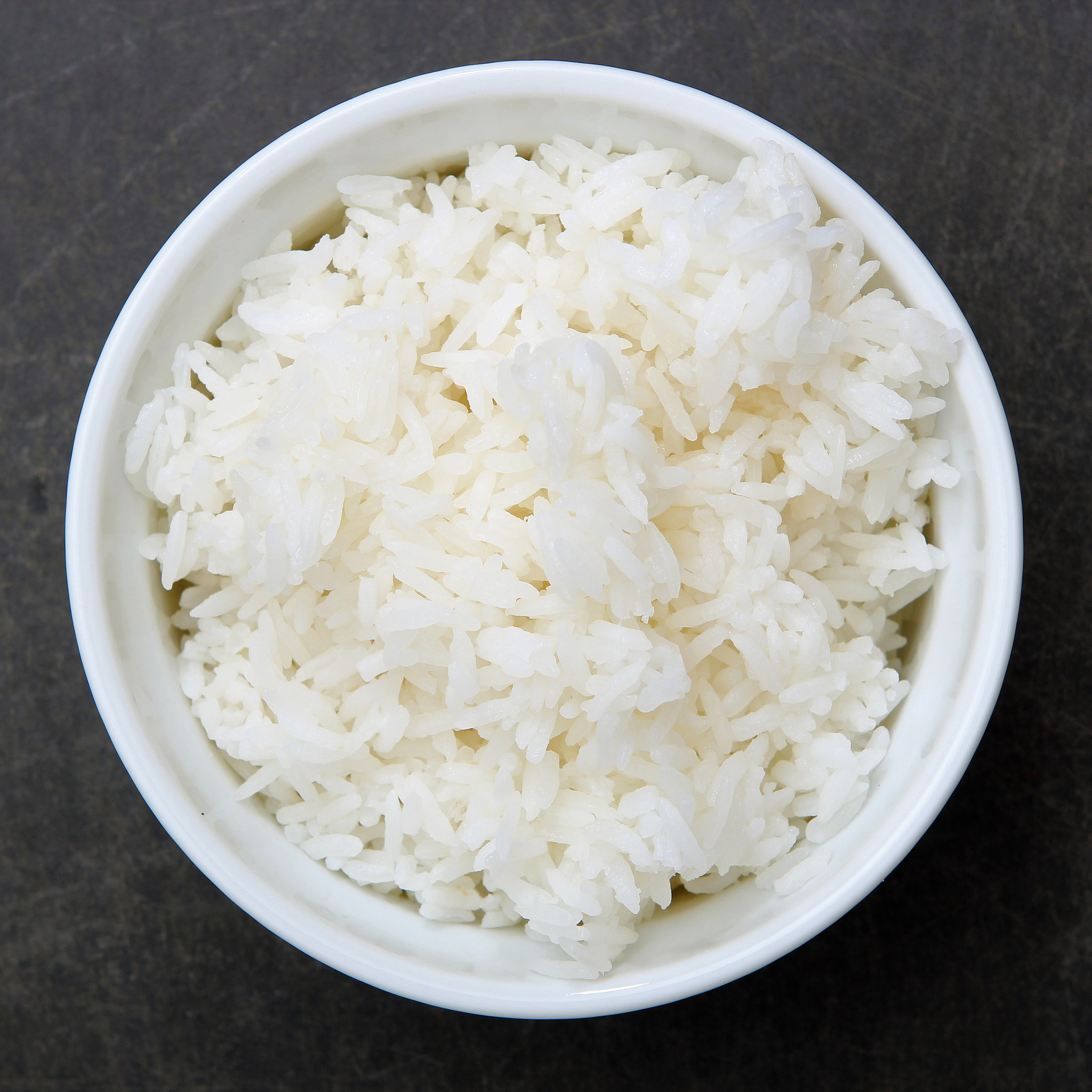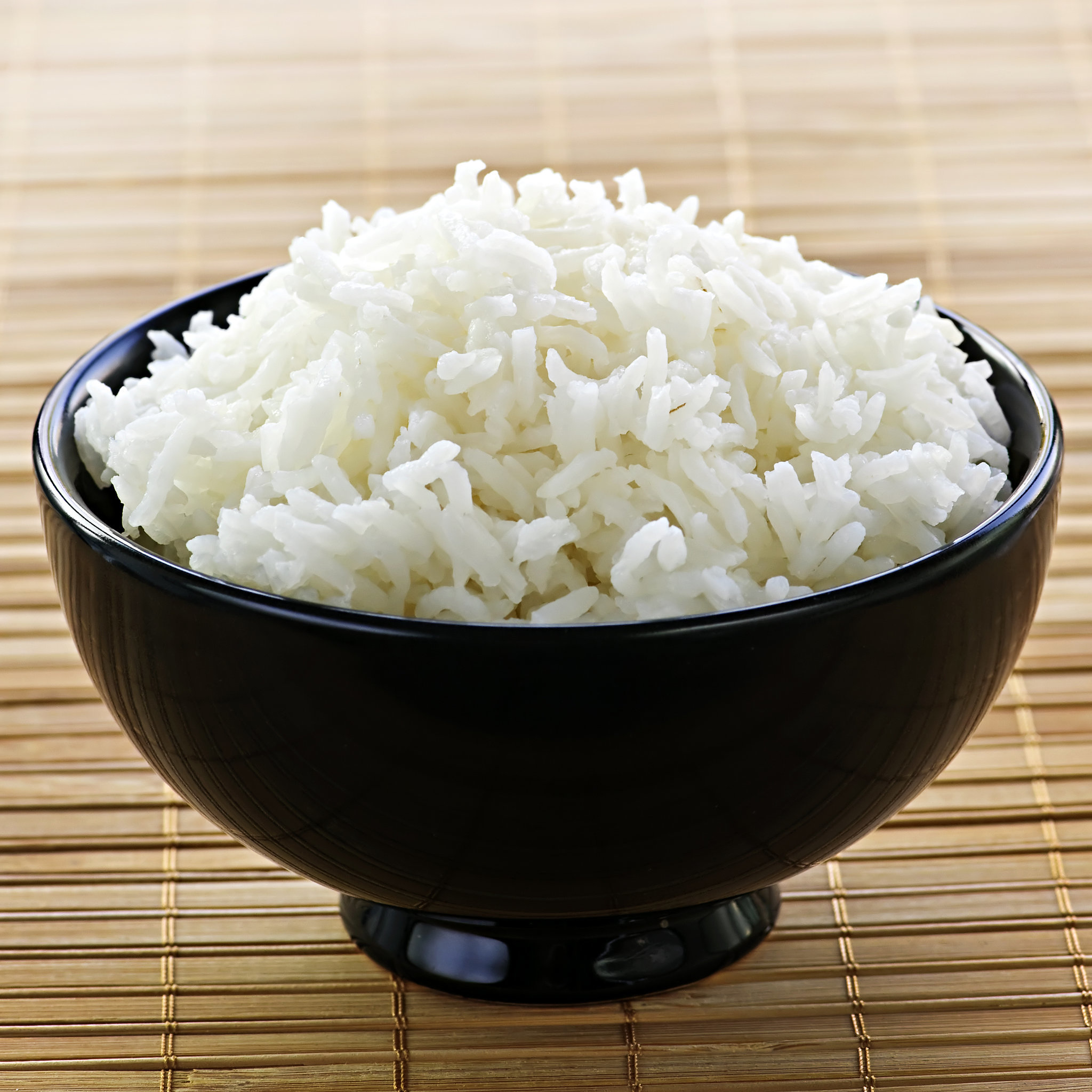Rice Purity - A Look At This Popular Online Survey
When you hear the word "rice," what comes to mind? Perhaps you picture a grain, a staple food that helps feed half the planet, or maybe even a tall, green plant, about four feet in height, with long, flat leaves growing on hollow stems. You might even think of different kinds, like brown or white, or the fluffy basmati that tastes so good with a meal. For many, though, especially those who spend time online, a completely different "rice" pops into their thoughts: the Rice Purity Test. It's a bit of a curious jump, isn't it? From a plant that gives us food to a set of questions that explores a person's life experiences.
It's interesting, too, that this grain, the cultivated rice plant, is an annual grass, providing sustenance to a massive portion of the world's people. Brown rice, or whole grain rice, typically has more good stuff for your body and offers more health advantages than its white counterpart. Rice is, quite simply, an important food crop for India and many other nations, a primary grain for more than half the globe. Yet, in some places, particularly among younger crowds, the mention of "rice" brings up something entirely different, something that has nothing to do with dinner, but rather, personal revelations, so.
This other "rice" is a phenomenon that has spread across various online spaces, sparking conversations and a good deal of amusement. It's not about what you eat, but about what you have, or perhaps haven't, done. The shift from thinking about a humble grain, a core part of many diets, to a social survey is, in a way, quite a leap. This online test, you know, has become a talking point for many, especially those looking for a quick laugh or just a little something to pass the time with friends, that is that.
Table of Contents
- The Grain, The Game - What's the Real Story?
- Where Did This Rice Purity Idea Come From?
- What Even Is the Rice Purity Test?
- What Do Your Rice Purity Scores Really Tell You?
- Why Do People Share Their Rice Purity Results?
- Is the Rice Purity Test Actually True or Just for Fun?
- Campus Connections - Stories About Rice Purity
- Looking Beyond the Numbers in Rice Purity
Where Did This Rice Purity Idea Come From?
Many folks, when they first stumble upon the Rice Purity Test, ask themselves if it's some sort of official thing or just a bit of fun thought up by students with time on their hands. It's a common question, too it's almost. The truth, it seems, leans heavily towards the latter. The idea of this test, as some have suggested, might just be the creative product of students looking for a way to connect and share experiences, or perhaps just to stir up a little friendly competition. It certainly wasn't created by a big organization or a serious research group. It feels more like something that just grew organically from student life, really.
There are whispers and stories, you know, about its beginnings at Rice University itself. People who were part of that community often wonder about the specific history of this self-assessment tool. If you were a student there and took the test during your time, there's a good chance you have a story or two about it. These stories, in some respects, are what give the test its charm and its lasting appeal. It’s not just a set of questions; it’s a piece of shared history for many who’ve been part of that particular campus experience, as a matter of fact.
The spread of this test, from what was likely a campus tradition, to a wider online phenomenon, is pretty fascinating. It moved from being something perhaps passed around in dorm rooms to something you might see mentioned on platforms like TikTok or YouTube. This expansion, you know, shows how a simple idea, a sort of playful way to measure "innocence," can catch on and become something much bigger than its original setting. It’s a bit like how a small seed grows into a very tall plant, nearly.
What Even Is the Rice Purity Test?
So, what exactly is this Rice Purity Test that everyone talks about? Well, it’s a personal survey, usually made up of 100 questions, where you grade yourself. The idea is to get a sense of how "innocent" someone is, or how much life experience they’ve had. Each question typically asks about something you might or might not have done. It covers a wide range of topics, from simple childhood activities to more complex adult experiences. It’s a sort of self-reflection tool, in a way, but one that’s often used for entertainment rather than deep personal insight, you know.
The way it works is pretty straightforward. You start with a score of 100, which means you’re considered the most innocent. As you answer "yes" to certain questions, your score goes down. So, a score of 0 would mean you’ve had a lot of experiences, perhaps everything on the list, making you the least innocent. It’s a very popular way to gauge how much someone has "lived," or at least, how much they align with the experiences listed in the survey. It’s quite simple, really, in its scoring method, apparently.
This test, you see, is a self-graded survey. This means there’s no right or wrong answer in a formal sense; it’s all based on your own honesty and how you interpret the questions. It's not like a school exam where there's a correct answer. It’s more about a personal reflection, or perhaps, a way to compare notes with friends. The whole point is often just to see where you stand in relation to others, or just for the sheer fun of it. It's not meant to be a serious evaluation of character, just a little bit of lighthearted inquiry, more or less.
What Do Your Rice Purity Scores Really Tell You?
When you get a score on the Rice Purity Test, what does that number actually say about you? Does a high score mean you're truly pure, or does a low score mean you're somehow "messed up"? Well, it’s important to remember that this test is, in fact, about as accurate as any other casual personality quiz you might find online. It’s not a scientific instrument, and it doesn't really offer a deep look into your personality or your moral standing. It’s more of a snapshot, a very brief glimpse, into some life experiences, you know.
A high score, say close to 100, generally means you haven't done many of the things listed on the survey. This could mean you're young, or perhaps just haven't had those specific experiences yet. A lower score, closer to 0, suggests you've had quite a few of the experiences mentioned. Neither score is inherently "better" or "worse." It's just a number that reflects a certain set of life events. It's not a judgment, just a record, basically.
Ultimately, what your Rice Purity score tells you is mostly how you compare to the specific list of questions and how you feel about your own experiences. It's good for a quick laugh, or if you have ten minutes or so of free time to fill. It's not something to take too seriously, or to let define you. It’s just a game, a very simple survey, that can spark some interesting conversations, you know, but nothing more profound than that, really.
Why Do People Share Their Rice Purity Results?
One of the reasons the Rice Purity Test has become so widely known is because people love to share their results. It’s a social activity, a way to connect with friends and see where everyone stands. You might see a friend post their score on social media, or someone on TikTok talking about their experience taking it. This sharing creates a sense of community, a common experience that people can talk about and compare. It’s a bit like sharing a funny story or a personal anecdote, you know, just in numerical form, sort of.
The act of sharing can also be a way to express a part of your identity, or perhaps, to show how much you’ve grown or changed over time. For some, it’s a way to be open about their experiences, while for others, it’s simply a source of amusement. When someone posts a video like "how messed up is your fanfiction taste," and links to the test, it turns the whole thing into a fun challenge, a sort of lighthearted self-exposure. It’s a way to get a reaction, or just to make people laugh, pretty much.
This social aspect is a big part of its lasting appeal. It’s not just about taking the test; it’s about what happens afterward, the conversations it sparks, the friendly teasing, and the shared understanding among a group of people. It’s a way to break the ice, or just to have a bit of fun at a gathering. The fact that it’s often shared on platforms where people are already looking for entertaining content means it spreads very quickly, too it's almost.
Is the Rice Purity Test Actually True or Just for Fun?
Many people wonder about the real value of the Rice Purity Test. Is it a genuine measure of anything, or is it simply for entertainment? The general feeling is that it’s definitely more about fun than about serious, truthful assessment. It’s a quick way to get a laugh, or to fill a few spare minutes. It’s not a scientific study, and it doesn’t have any formal backing or research behind it. It’s just a list of questions that someone put together, you know, for a bit of amusement, really.
Think about it like this: if a test on your phone has numbers cut off, and you can’t even see what question number 69 is, how accurate can it really be? One person mentioned being "hella confused for like 30 seconds" because of this very issue. This kind of experience highlights that the test isn’t about precision or deep insight. It’s about the experience of taking it, the surprise, the humor, and the conversations that follow. It’s not meant to be taken as a serious evaluation of one's life, or anything of that sort, in a way.
The test is, in short, a playful activity. It’s a social tool, a conversation starter, and a way for people to share a light moment. It’s not a definitive statement about who you are or what your experiences mean. It’s just a bit of internet fun, a way to pass the time and maybe learn something new about your friends, or about yourself in a very casual way. So, if you’re looking for deep self-discovery, this probably isn’t the tool for you. If you’re looking for a quick giggle, though, it might be just right, you know, kind of.
Campus Connections - Stories About Rice Purity
The Rice Purity Test, it seems, has a special connection to Rice University itself. There are many stories from people who were students there, sharing their experiences with the test during their "Rice career." These personal accounts give the test a certain flavor, a bit of history that ties it directly to a specific place and time. It’s not just a random internet quiz; for many, it’s part of their university memories, something they did with their classmates and friends. It’s quite personal, really, for those who lived it, literally.
For instance, someone might recall taking the 100-question test while juggling three midterms in the same week. The idea that someone would even consider completing such a survey during a busy academic period shows how much of a cultural touchstone it became. It wasn't just something to do when bored; it was something that became part of the student experience, a sort of rite of passage for some. These stories, you know, really bring the test to life, showing how it fits into the daily lives of students, honestly.
The test, in its campus setting, often served as a way for people to bond, to share a laugh, or to compare their youthful experiences. It became a topic of discussion, something to talk about in the dorms or between classes. The survey results, often compiled into quick histograms, showed how scores were distributed among groups of friends or even larger student populations. This kind of shared data, though informal, added to the collective experience and the feeling of being part of something bigger, something shared, you know, sort of.
Looking Beyond the Numbers in Rice Purity
While the Rice Purity Test gives you a number, the real value, if there is any, often lies beyond that simple score. It’s about the conversations it sparks, the self-reflection it might cause, or the way it helps people understand different life paths. For example, the text mentions asexuality, a sexual orientation where someone doesn't experience sexual attraction. This kind of detail, while not directly part of the test questions, can come up in discussions around "purity" and experiences, you know, kind of.
The test, in a way, opens up a space for people to think about what "innocence" or "experience" truly means to them. It challenges simple definitions and encourages a broader view of human life and choices. It's not just about ticking boxes; it's about the implied meanings behind those boxes and how they relate to a person's individual journey. It's a prompt for thought, if nothing else, a very simple one, you know, just.
Ultimately, the Rice Purity Test is a cultural artifact, a reflection of how young people interact with ideas of innocence, experience, and personal history in a digital age. It’s a tool for lighthearted social engagement, not a serious measure of character or morality. It serves its purpose as a quick laugh and a conversation starter, and in that sense, it's quite successful. It’s pretty much a piece of online fun, nothing more, nothing less, you know, at the end of the day.

How to Cook Rice on the Stove Recipe - Love and Lemons

How to Make Healthier Rice | POPSUGAR Fitness

A bowl of rice from Google Images. : notinteresting